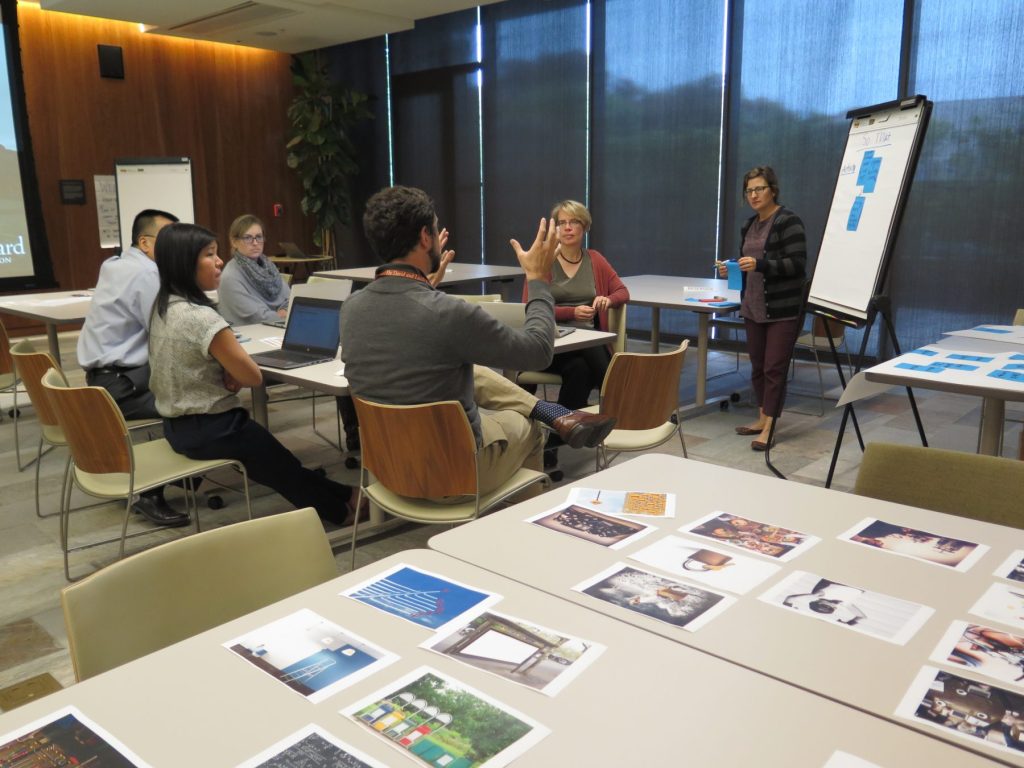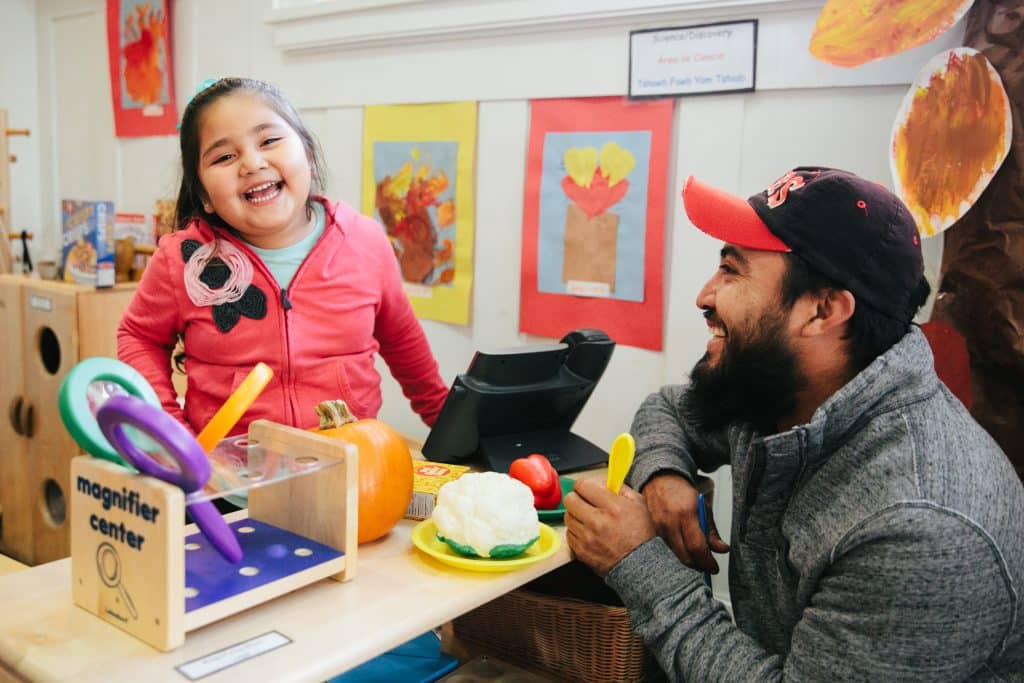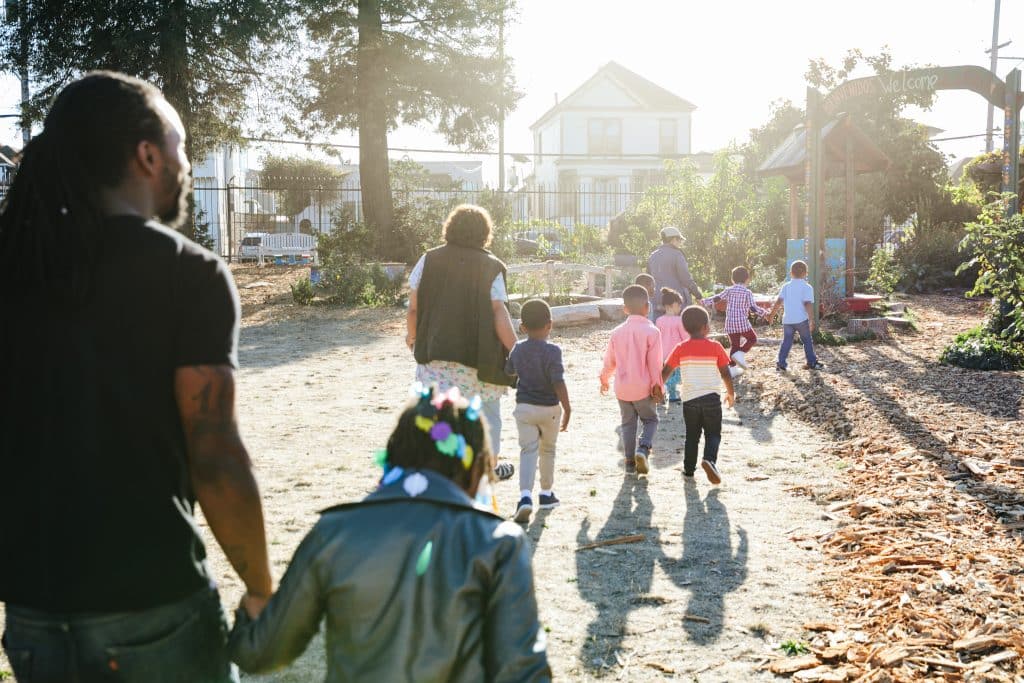In an effort to improve our effectiveness and partnership with grantees, in May 2018 we asked our grantees for feedback on the Foundation and our grantmaking processes so we can improve the way we work and together have the greatest possible impact.
This confidential survey, conducted by the Center for Effective Philanthropy (CEP), collects feedback on our performance and generates a Grantee Perception Report™ (GPR) that compares our results with nearly 300 peer funders whose grantees were also surveyed. For our 2018 report, CEP reached out to all active 2017 grantees—629 grantees completed the survey for a 58 percent response rate.
We have engaged CEP to conduct this biennial survey since 2004. We value this regular check-in and take our grantees’ feedback seriously. We post the report to our website, discuss results with our Board of Trustees, senior management team, and staff, and identify focused areas for improvement.
2018 Key Findings and Our Response
Overall, our grantees continued to have positive perceptions of the Foundation across most measures, including transparency, impact on organizations, and funder-grantee relationships. Within our peer cohort of 23 foundations, we were particularly grateful to rank highest on overall relationships with grantees, which examines the quality of the following interactions: comfort approaching the Foundation if a problem arises, fairness in treatment by the Foundation, staff responsiveness, clarity of communications of our goals and strategy, and consistency of information provided by the Foundation.
As in past years, grantee feedback highlighted areas where we can and should improve, and in response, we’ve committed to three areas of focus:
- Incorporate grantee feedback into evaluation design: Grantees find our reporting requirements fair and helpful. However, among the 117 grantees who reported completing evaluations (about 25% of survey respondents), we received a particularly low score on incorporating grantee input into evaluation design. This is humbling and important feedback. We want to further explore this question with our grantees who are undertaking evaluations, and better understand responses so we can take steps to improve. We will be more intentional about how we work with grantees to develop and implement evaluations, and to share what we learn from them. This may include seeking input on evaluation questions and learning sessions to together walk through the findings and co-develop programmatic recommendations.
- Make more multi-year grants: Past GPR results as well as direct feedback from grantees make it clear that grantees strongly prefer longer-term commitments from the Foundation. In response, our Trustees approved a budget augmentation to move many grants from one-year to two-year grant cycles with meaningful impact: from 2013 to 2017, the number of multi-year grants increased from 28 to 40 percent. We are now exploring ways to move some two-year grants to a three-year cycle.
- Create new Grantee Experience Standards: Our Grantee Experience Standards (GES) were created in 2007 in response to low scores on two consecutive GPRs that told us we needed to improve interactions between grantees and Foundation staff. The GES lay out expectations to guide staff’s communication and interactions with grantees. We are updating these Standards in 2019 to ensure they continue to support grantees.
You can access our full 2018 Grantee Perception Report here and can find more information about the report on our website.
Thank you to everyone who participated.









